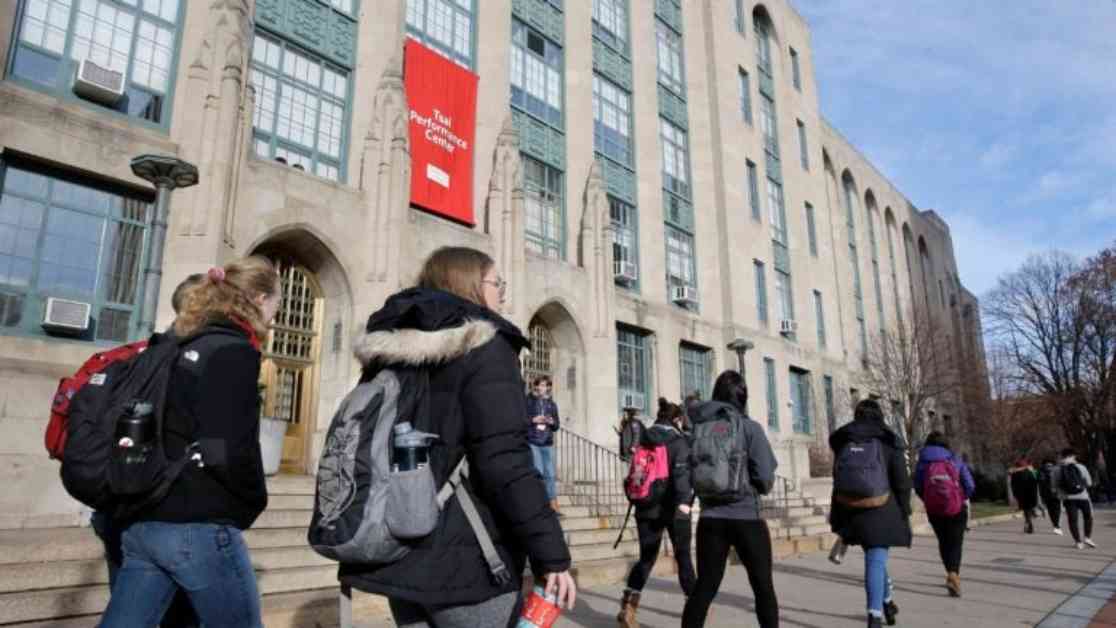A Boston University employee’s social media post targeting employees of Elon Musk’s Department of Government Efficiency has sparked a federal investigation. Jared May, a staff member at the Questrom School of Business at BU, allegedly posted a flyer on his Bluesky account calling for the murder of six DOGE employees. The post, shared by political activist Charlie Kirk, accused the employees of treason and prompted swift action and condemnation.
The Incident Unfolds
The controversy began when Kirk shared a screenshot of May’s post, leading to public outrage and demands for accountability. The DOGE employees, all under the age of 24, were identified as engineers critical to the organization with access to sensitive information. Musk, who oversees DOGE as a special government employee, condemned May’s actions as criminal, further escalating the situation.
University Response and Fallout
BU swiftly responded to the incident, acknowledging the post made by one of its employees on a personal social media account. While the university refrained from commenting on personnel matters, they emphasized that the views expressed did not align with the institution’s values. May’s employee page was subsequently taken down, raising questions about his future employment at BU and potential repercussions for the university.
Federal Investigation Unveiled
The situation took a serious turn when U.S. Attorney Edward Martin Jr. announced the launch of an investigation into the matter. The initial review of evidence indicated potential violations of the law in targeting DOGE employees. The investigation, in collaboration with the FBI and other law enforcement partners, aims to swiftly address the threats and ensure the safety of the employees involved.
U.S. Attorney’s Response
In response to inquiries about the BU staff member’s post, U.S. Attorney for Massachusetts Leah Foley affirmed the seriousness with which such threats are being treated. Foley emphasized the commitment to investigating the matter thoroughly and holding accountable those responsible for the threatening content. The gravity of the situation was underscored by Foley’s assurance that the threats would not be taken lightly, reflecting a concerted effort to address the issue promptly.
As the investigation unfolds, the implications of May’s post continue to reverberate, raising concerns about online behavior and accountability in the digital age. The intersection of social media, personal opinions, and professional responsibilities highlights the complexities of navigating online platforms in a professional setting. The fallout from this incident serves as a cautionary tale about the power of social media and the potential consequences of ill-considered posts.
Molly Farrar, a seasoned reporter covering a range of topics including education, politics, and crime, provides insight into the unfolding situation. Farrar’s reporting sheds light on the impact of the incident on both the individuals involved and the broader implications for institutions like Boston University. As the story continues to develop, Farrar’s coverage offers a comprehensive look at the multifaceted aspects of the controversy and its far-reaching effects.
In conclusion, the BU staff member’s post targeting DOGE employees has sparked a federal investigation and raised critical questions about online conduct, professional responsibilities, and legal ramifications. The swift response from authorities and institutions underscores the gravity of the situation and the commitment to addressing threats in the digital realm. As the investigation progresses, the need for accountability and adherence to legal standards remains paramount in ensuring a safe and respectful online environment.






